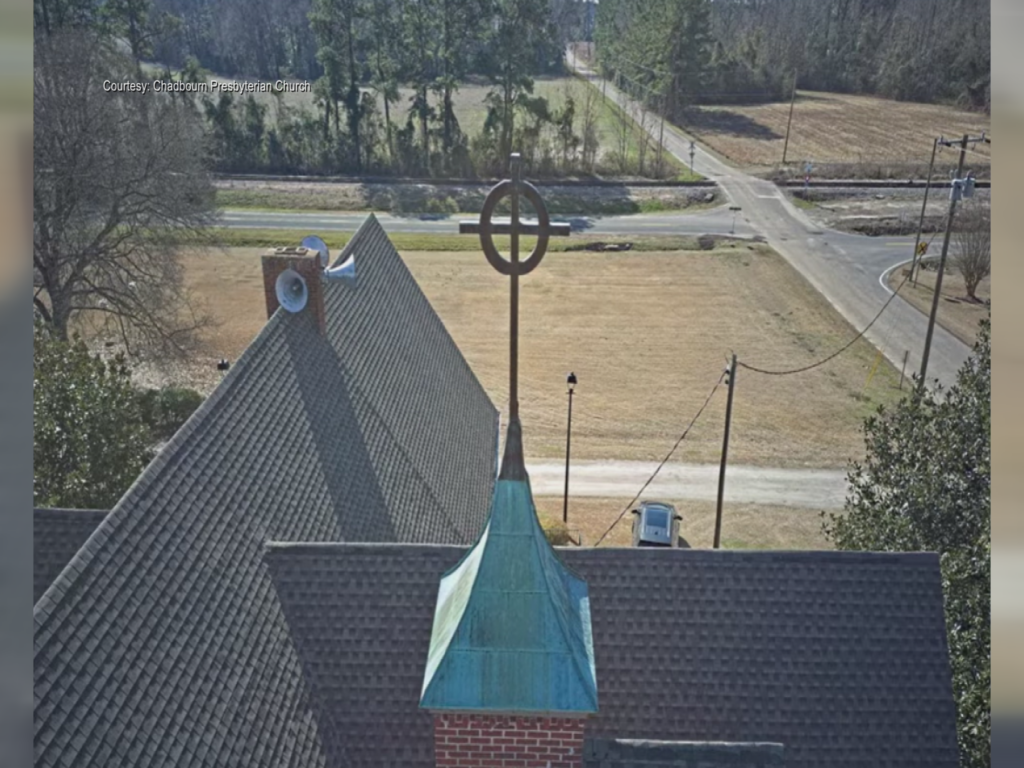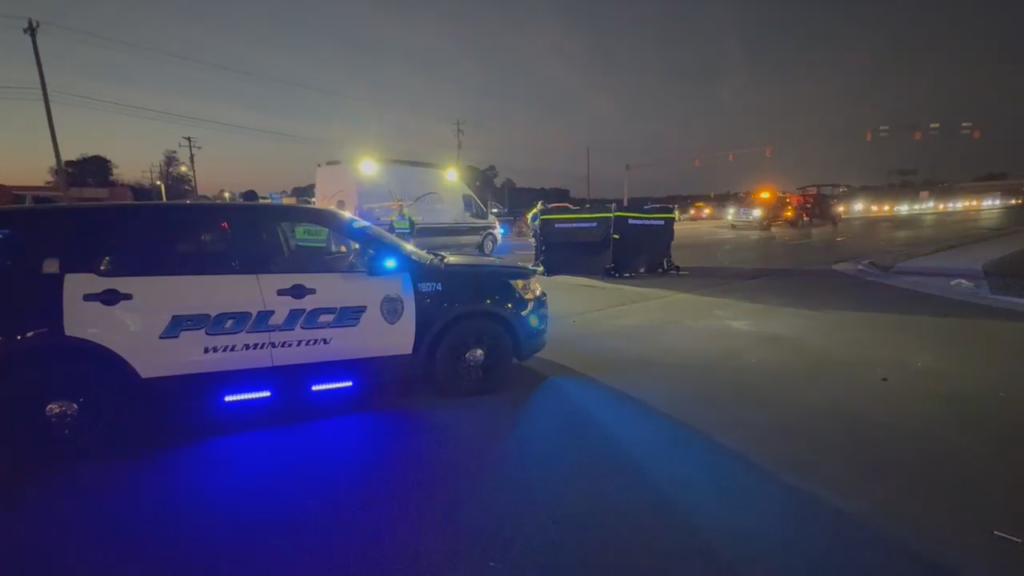Overcrowding, prayer, and book ban: An overview of the September NHCS Board of Education meeting
NEW HANOVER COUNTY, NC (WWAY) — Schools across New Hanover County are bursting at the seams — that’s according to a study on capacity and facility utilization conducted by Cropper GIS.
The organization presented its findings to the Board of Education at the board’s September meeting on Tuesday night.
It found most schools are operating near or over capacity. As the county’s population grows, it’s only going to get worse over the next decade.
Matthew Cropper with Cropper GIS says the issue isn’t something that can be fixed solely by redistricting.
“This is not a matter of building for students that you are anticipating, this is a matter of building for students that are here now,” Cropper said. “It’s not a matter of if you build it, they will come. This is build it because they are here.”
The most overcrowded schools are Bellamy Elementary, Masonboro Elementary, Hoggard High School, and Laney High School.
Some of the proposed solutions include:
- Building a new elementary school near Williams Elementary with a capacity of 525. The school would be paired with Williams to expand capacity and allow the development of a Pre-K program.
- Rebuilding Pine Valley Elementary School with a capacity of 525.
- Expand Porter’s Neck Elementary School’s capacity to 700.
- Add 130 seats each to Masonboro and Alderman Elementary Schools.
- Build a new middle school on SEA-Tech property with a capacity of 1,000.
- Use Trask Middle School for Laney High School to expand Laney’s capacity to 2,502.
The study does suggest some redistricting to balance enrollment. It would impact 1,500 elementary school students, 350 middle school students, and 950 high school students.
The board did not make any decisions regarding capacity or facilities, but says this is the start of a very important discussion.
Also at Tuesday’s meeting, people shared their thoughts following the partial banning of the book “Stamped: Racism, Anti-Racism, and You.”
During a public hearing on Friday, the board voted four to three to ban the book from the district’s AP curriculum, but to keep it in high school libraries.
The majority of comments made during the Call to the Audience surrounded the book ban — with most people sharing their concern with the board’s decision.
“We are here today because of an ideological culture war designed to divide and distract us from real issues impacting our children’s education,” Kimberly Hardy said. “We must and can do better. I refuse to believe that this assembly of people here tonight cannot find a more robust use of time and collect their voices than to stand in opposition to free speech, fairness, and honesty.”
A handful of people did thank the board for their decision to partially ban the book.
Finally, the board heard Policy 2315 for first reading. The policy outlines guidelines for opening invocations before board meetings.
The board already allows invocations before meetings, but board member and policy committee chair Josie Barnhart explained the policy was created in response to a complaint from the American Civil Liberties Union.
Stephanie Kraybill, Melissa Mason, and Stephanie Walker took issue specifically with a portion of the policy that would allow board members to give the invocation if a religious leader was not available.
The board voted unanimously to send the policy back to committee.




